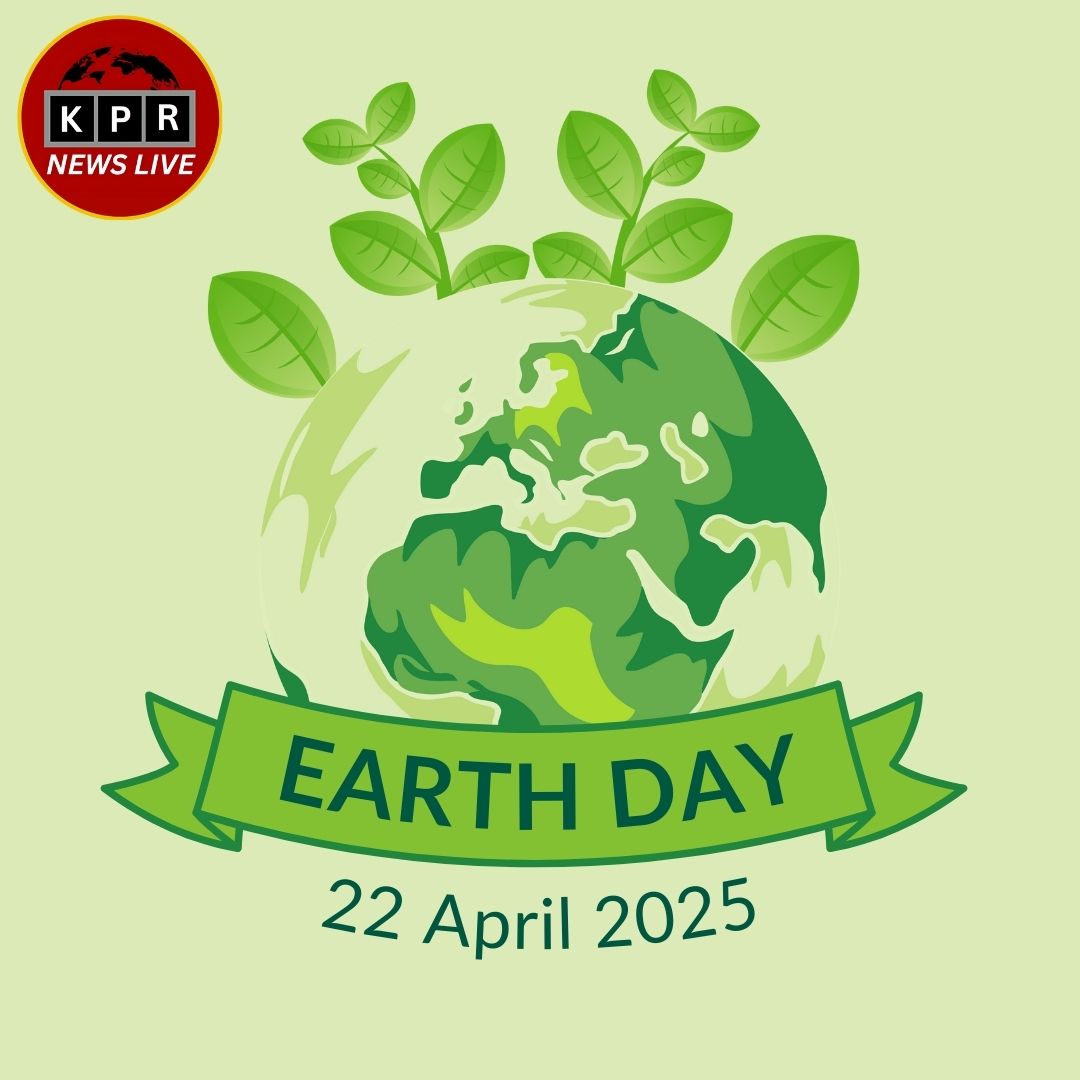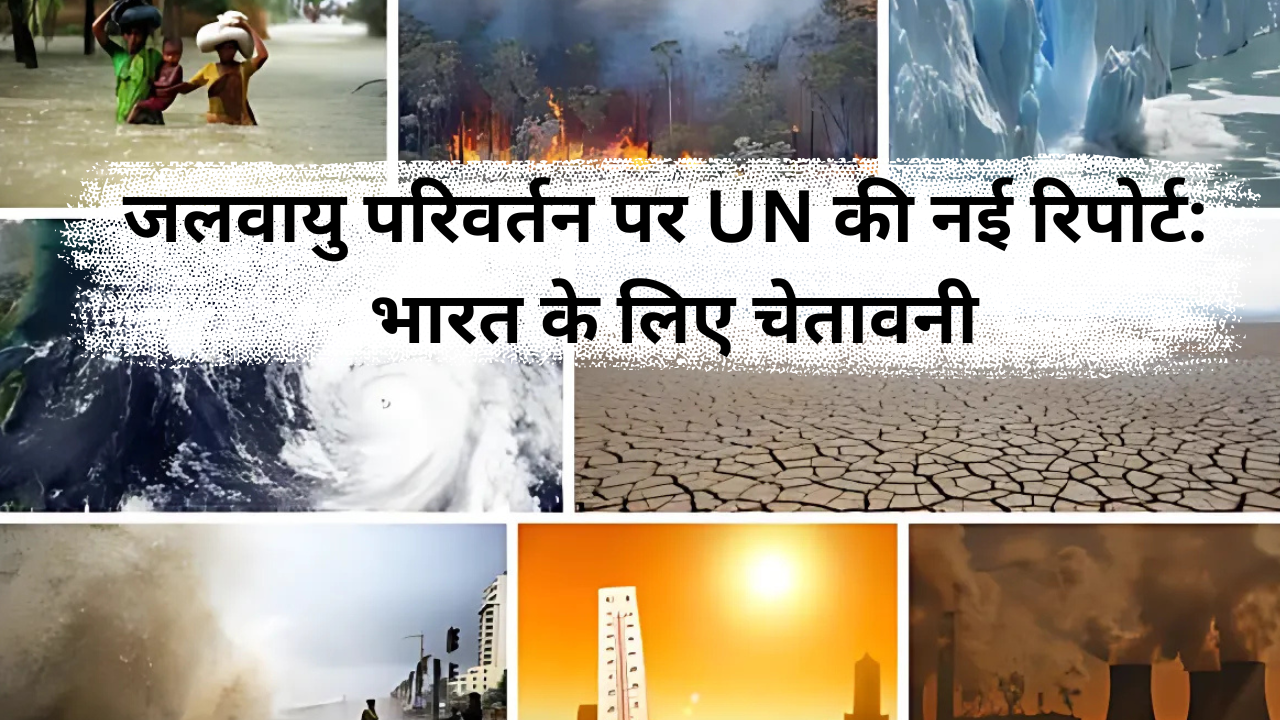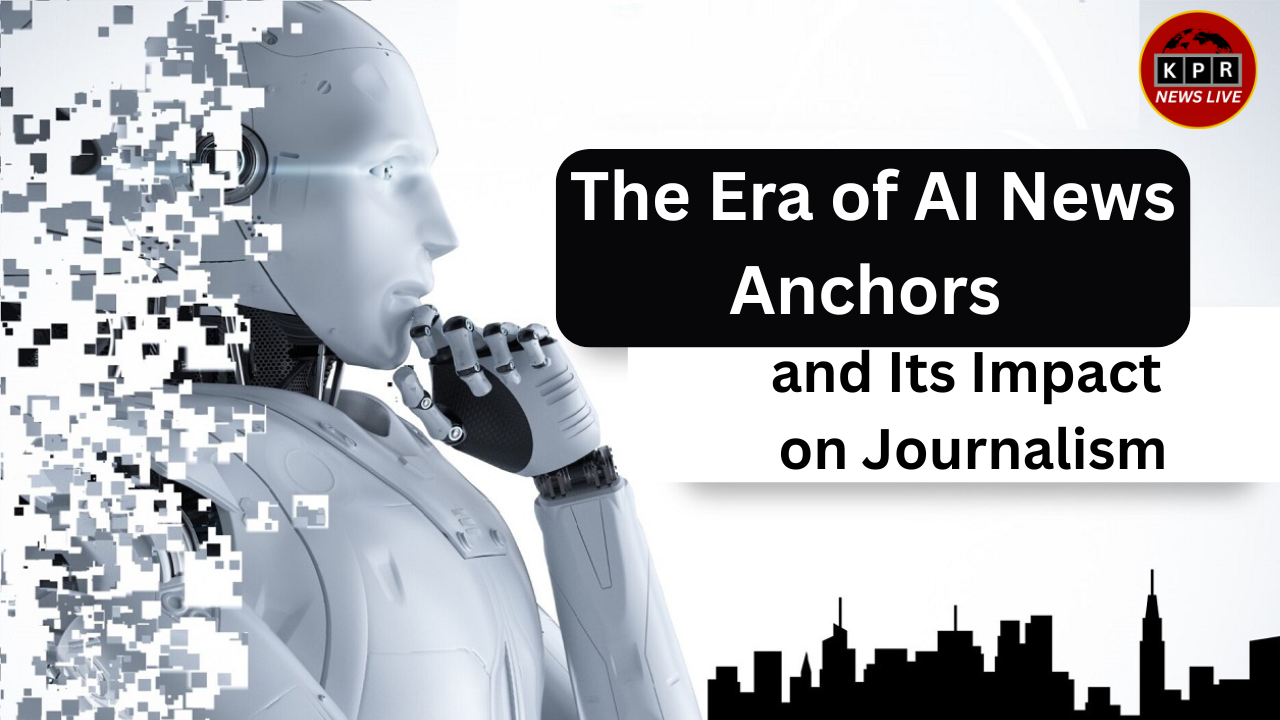Each year on April 22nd, over a billion people across the globe unite to celebrate Earth Day—a powerful reminder that the health of our planet is a shared responsibility.
First held in 1970, Earth Day began as a grassroots movement, sparked by rising concerns over pollution, oil spills, and disappearing wildlife.
Today, over 50 years later, the challenges we face have grown, but so has our capacity to address them.
This year’s theme—“Planet vs. Plastics”—is a rallying cry for a global reduction in plastic pollution, one of the most pressing environmental issues of our time.
But Earth Day is more than a commemoration. It’s a call to action, reflection, and innovation. Whether you’re an environmental expert or just beginning your sustainability journey,
Earth Day is an opportunity to pause and ask:
What kind of planet do we want to leave behind for future generations?
A World in Crisis—and in Hope
The data paints a sobering picture. The past decade has been the warmest on record. Ocean temperatures are rising, coral reefs are dying, forests are disappearing at alarming rates, and plastic pollution has reached even the deepest trenches of our oceans.
Microplastics have been found in rainwater, human bloodstreams, and newborn placentas. The planetary systems that once seemed infinite are showing signs of stress.
But amidst this crisis, there is hope.
Innovative policies, technologies, and grassroots movements are creating real change.
The global push to reduce single-use plastics has led to bans, biodegradable alternatives, and growing awareness.
Renewable energy is now cheaper than fossil fuels in many parts of the world. Rewilding projects are restoring ecosystems.
Youth-led movements are keeping the climate conversation alive in schools, streets, and social media.
The seeds of a more sustainable future are already being planted—we just need to help them grow.
This Year’s Theme: Planet vs. Plastics
Plastic pollution is everywhere. Over 400 million tons of plastic are produced each year, and less than 10% is recycled.
The rest? It ends up in landfills, rivers, oceans, and even in the food we eat and the air we breathe.
Earth Day 2025 is focusing on eliminating single-use plastics and holding corporations accountable for the full lifecycle of their products.
But what does this mean for us as individuals?
Here’s what we can do:
Audit your plastic use: Take a week to track how much plastic you use. You’ll be surprised at how many items—from shampoo bottles to food packaging—come wrapped in plastic.

Switch to reusables: Invest in reusable bags, bottles, containers, and utensils. One small change repeated daily can make a huge impact over time.
Support businesses that go plastic-free:
Many local and online stores now offer sustainable alternatives. Your dollars are your vote.
Recycle properly:
Not all plastics are recyclable in your area. Educate yourself on local recycling rules to avoid “wishcycling.”
Get vocal:
Write to companies, sign petitions, or support legislation that promotes plastic reduction.
The Power of Local Action
Global problems often feel overwhelming, but local action creates ripples. Community gardens, tree-planting drives, clean-up campaigns, and sustainable business initiatives have profound long-term effects—not just on the environment, but on the community spirit.
Consider organizing or joining:
A local clean-up: Parks, beaches, rivers, or urban streets can all benefit from a few dedicated volunteers and some trash bags.
A clothing swap: Fast fashion is a major polluter. Host a swap event to give clothes new life and keep them out of landfills.
Composting workshops:
Food waste is a massive contributor to greenhouse gas emissions. Composting at home or through local programs helps close the loop.
Sustainable markets or fairs: Give local artisans, farmers, and eco-friendly brands a space to connect with your community.
Nature as Teacher and Healer
Earth Day is also a reminder to reconnect with the natural world—not just to protect it, but to find joy, peace, and purpose within it. Nature is not a luxury or an escape. It’s home.
Studies have shown that spending just 20 minutes a day in nature can reduce stress, improve focus, and boost your immune system.
In a world dominated by screens and noise, we need green spaces more than ever.
So, take a hike. Sit under a tree. Watch the clouds move. Listen to the birds. Let the Earth ground you.
Education Is Empowerment
Many of the environmental issues we face stem from disconnection—from nature, from each other, and from knowledge. Earth Day is a powerful moment to educate ourselves and others.
Consider:
Hosting a screening: Films like A Plastic Ocean, Kiss the Ground, or My Octopus Teacher can open eyes and spark conversations.
Starting a book club: Books like Braiding Sweetgrass by Robin Wall Kimmerer or The Uninhabitable Earth by David Wallace-Wells are excellent reads for both reflection and motivation.
Using social media wisely:
Share tips, facts, or actions people can take—not doom, but hope.
Teaching the next generation: Get kids involved through crafts, nature walks, or simple recycling activities. They are the future stewards of the planet.
Earth Day, Every Day
If there’s one message Earth Day teaches us, it’s that environmentalism isn’t a one-day event—it’s a lifelong journey.
Real change comes from consistency. One person swapping a plastic straw won’t change the world. But millions of people, all doing something small each day? That’s a revolution.
Here are five simple habits to carry with you beyond Earth Day:
Reduce before you recycle:
Recycling is good, but reducing is better.
Eat more plants:
Even a few meatless meals a week can significantly lower your carbon footprint.
Buy less, choose well:
Embrace minimalism and intentional purchasing.
Walk or bike more:
Reduces emissions and boosts your health.
Stay informed and stay kind: The world doesn’t change with cynicism—it changes with courage and care.
Final Thoughts
This Earth Day, let’s do more than celebrate. Let’s commit. Let’s connect. Let’s take responsibility—not just for what’s gone wrong, but for what could go right.
Because the Earth doesn’t need saving. We do. And the good news? We already have everything we need to begin healing. Knowledge, tools, passion, community—it’s all here.
So let’s plant a tree. Let’s start a conversation. Let’s turn off the lights. Let’s write to our leaders. Let’s teach our kids. Let’s listen to the wind, follow the rivers, and remember that this planet—our only home—is worth every ounce of effort we can give.
📌 लेखक: KPR News डेस्क
📅 प्रकाशित: 23 अप्रैल 2025
🌐 www.kprnewslive.com
![]() KPR News Live
KPR News Live
📩 info@kprnewslive.com













